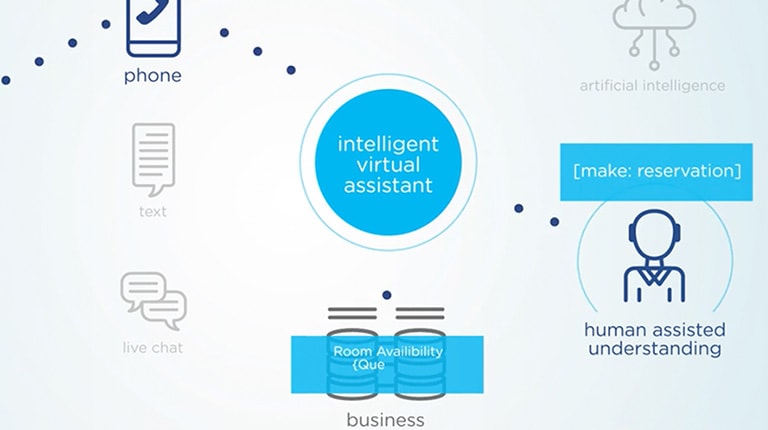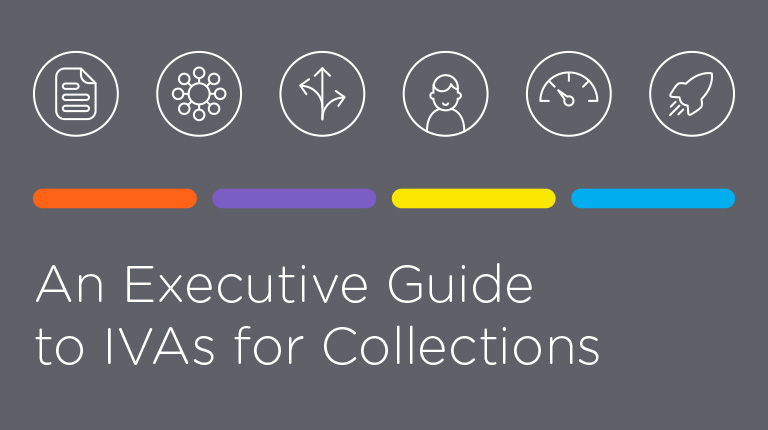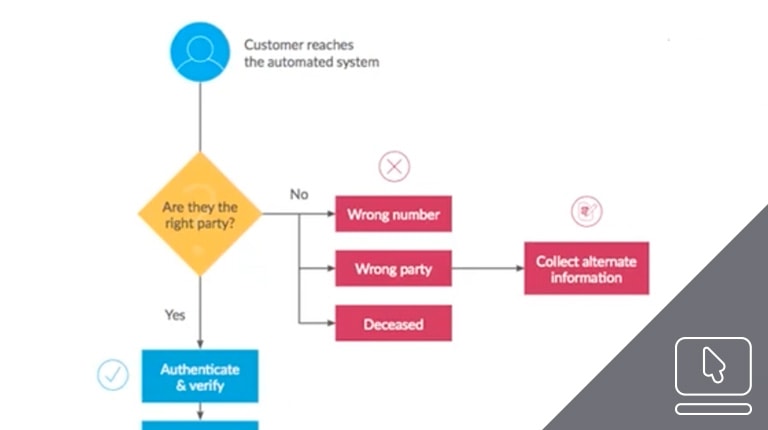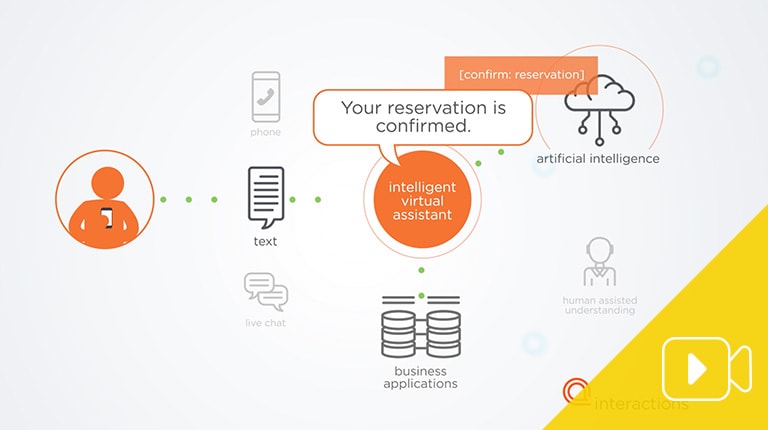About the Author
Interactions

Blog
Humans + AI = Excellent Customer Experiences
We’ve all had frustrating customer service experiences — dealing with awkward, robotic automated systems that don’t understand you or offer the right menu options. If we’re being honest, most of the time we probably end up rapidly pushing buttons or yelling ‘agent’ until we’re directed to a real person, just to avoid these systems. Companies actually put these systems in place to help the customer service process, but poor implementation and design often means they just cause frustration and often worsen customer experiences.

Blog
The Modern Consumer: 4 Things You Need to Know
We talk a lot about the future of customer care and modernizing your customer care strategy. But what exactly does this mean? How can you tell if your customer care strategy is ready for the future? When building your customer care strategy, here are 4 important things to understand about modern consumers — who they are and what appeals to them.

Blog
How to Build a Persona for your IVA
There are a lot of considerations that go into developing a persona for your Intelligent Virtual Assistant. How do you set your IVA apart? Should you name your IVA? How do you know that you got it right? We’re answering these common questions — and more — that companies often has as they begin to develop personas for their automated customer care solutions.

eBook
An Executive Guide to IVAs for Collections
An Intelligent Virtual Assistant (IVA) is an integral part of an agency’s strategy today. Learn everything an executive in the Collections industry should know when it comes to deploying an IVA, including best practices for channel strategies, transactions to automate and risk mitigation techniques.

Blog
The Impact of Speech and AI on Customer Care
As customer preferences continue to evolve and care channels such as chat become more widely used, there is sometimes a perception among companies that voice is becoming less important. This couldn’t be further from the truth, however, as studies have shown that voice is still king in customer care. And while this certainly refers to the fact that customers are still calling into customer care centers at overwhelming numbers, it also refers to the fact that voice and speech are becoming even more important in applications across other customer care channels as well.

Blog
Building Effortless Customer Experiences: 3 Things to Consider
Increasingly, the customer care industry is teaming up with technology to focus on delivering seamless and effortless customer experiences. But our industry often promises a better omnichannel experience and improvements to the customer journey, while in reality, many companies fail to deliver.

Blog
Intro to Conversational Artificial Intelligence
When it comes to customer care, the possibilities for applying artificial intelligence to increase efficiency, lower costs and improve the customer experience seem infinite. The question that most companies are facing is not whether they should incorporate AI, but how. Not all AI is created equal — and for the purposes of customer care, there are actually some specific characteristics that it’s important to make sure your solution has.


